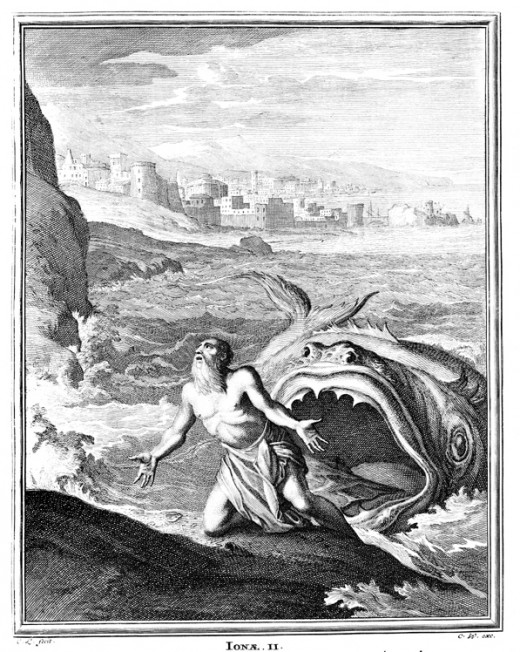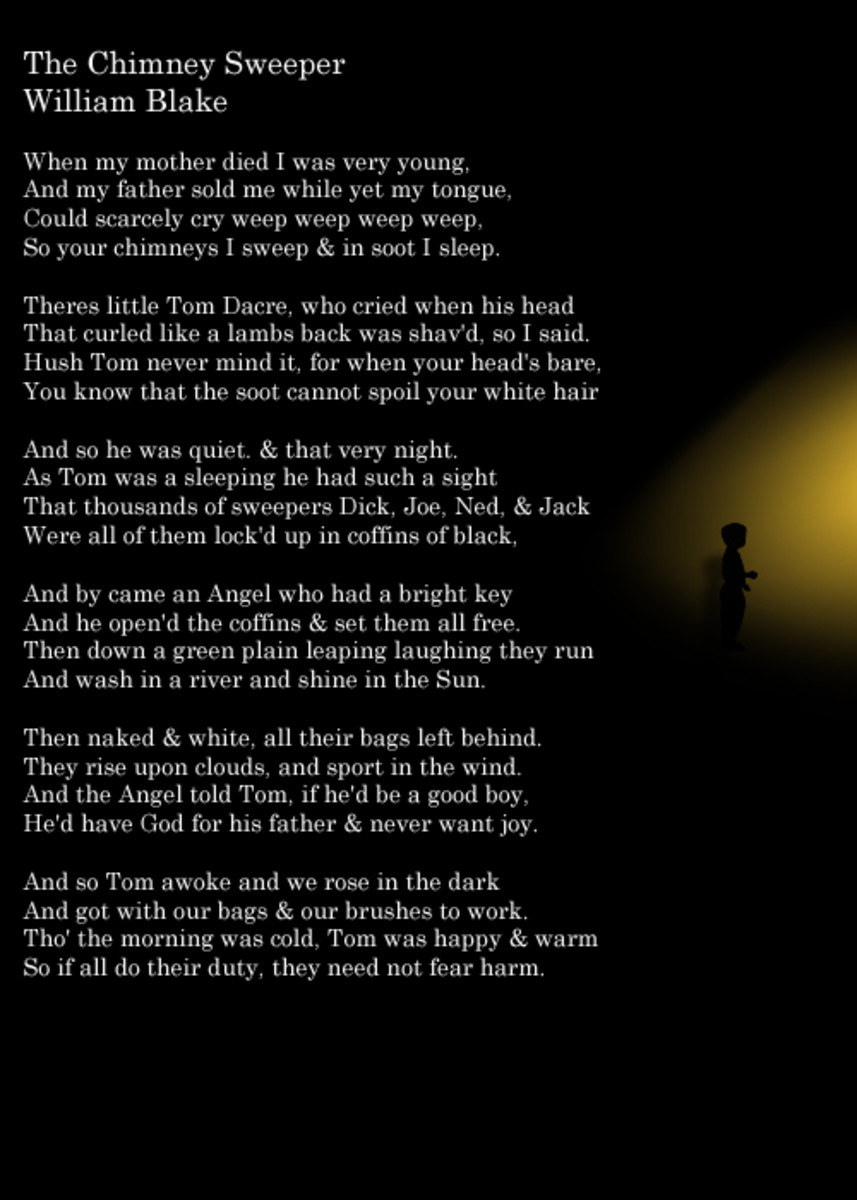a detailed outline of the book of Jonah

Jonah
Author: In recent years the authority of Jonah as the author of the book named after him has been questioned. He refer to himself in the third person, and there are Aramaic words found in the text. However, Isaiah and Daniel wrote of themselves in the third person, and scholars now realize that the Arameans might have influenced Israel earlier than first believed. Most scholars simply cannot fully sway one way or the other on the issue of the authorship of Jonah. The Jews have always held the view that Jonah was the author (Barnes’ Notes on the Old Testament, Barnes, 1; International Standard Bible Encyclopedia, Orr, 1; Introducing the Old Testament, 96) .
Addressee: The book of Jonah was written to the Hebrew Nation. At the time of writing, around 700-612 B.C., the Israelites were under Assyrian bondage. This affliction may be the reason that Jonah did not want the Ninevites to repent. This would have reached the Israelites under the reign of King Jeroboam II. At this time the Israelites were away from God. The Israelites needed a letter of encouragement at this time. The book of Jonah was written to encourage the Israelites to undertake the great missionary task of proclaiming the truth to the heathen world (Explorer’s Bible Study, Constance, 1; Wilmington’s Guide to the Bible, Wilmington, 172-175; International Standard Bible Encyclopedia, Orr, 1) .
Date: In II Kings 14:25 Jonah is related to the reign of Jeroboam II. That would place the events of the book of Jonah between 793 and 753 B.C. We know that Jonah must have written it after 612 B.C., because that is the date of Nineveh’s fall. Jonah refers to Nineveh in the past tense in verse three of chapter three (The Bible Knowledge Commentary, Zuck, 1; Introducing the Old Testament, 96) .
Background: Nineveh was the capital city of the Assyrian Empire. The Assyrians ruled for 300 years. From the first Assyrian King until the last Assyrian King, Israel was persecuted. However, during the time of Jonah the Assyrians were relatively neutral. The Ninevites were known for their cruelty toward any who opposed them. The city of Nineveh was three miles long and one and a half miles wide. Greater Nineveh was thirty miles by ten miles. It’s population may have been close to one million. Nahum later described Nineveh as a den of roaring lions, feeding on the blood of nations (Nahum 2:11-13).The Assyrian King during the time of Jonah was probably Adad Nirari. All of these factors shed some light as to why Jonah fled from the call of God (Halley’s Bible Handbook, Halley, 363-365; Matthew Henry’s Commentary, Henry, 811-815; Wilmington’s Guide to the Bible, Wilmington, 172-175) .
Setting: It is uncertain where Jonah was when he wrote the book of Jonah. It is a possibility that he wrote it at his hometown, Gath-hepher. He may have written it in the city of Jerusalem. Scholars have not given a definite place where Jonah wrote his book (Introducing the Old Testament, 96; International Standard Bible Encyclopedia, Orr, 1; Matthew Henry’s Commentary, Henry, 811-815) .
Theme: The Repentance of Nineveh through the Preaching of Jonah
Introduction:
The book of Jonah was written as a history. It reveals the details of one of the greatest revivals ever recorded. Jonah describes his own time of running from the will of God, as well as his time of pouting after the will of God is accomplished. The book also describes the miracle of God’s sustaining Jonah in the belly of the fish. The Repentance of Nineveh is the high point in the book, but Jonah follows this up with a few days of pouting. God’s grace is evident throughout the book of Jonah.
I. Jonah’s Run to Problems (Chapter 1)
A. His call (1:1-2)
1. Word of the Lord comes to Jonah (1:1)
2. His call to Nineveh (1:2)
B. His refusal (1:3)
1. His flee to Tarshish (1:3)
2. His price to pay (1:3)
C. God’s power (1:4-17)
1. The storm frightens the mariners (1:4-6)
2. The lot fell upon Jonah (1:7-8)
3. The confession made by Jonah (1:9-11)
4. The suggestion made by Jonah (1:12-14)
5. The removal of Jonah from the ship (1:15-16)
6. The fish that swallowed Jonah (1:17)
II. Jonah’s Repentance through Prayer (Chapter 2)
A. His prayer in the fish (2:1-9)
1. His desolation (2:2-3)
2. His loneliness (2:4)
3. His morbid feelings (2:5-6)
4. His remembrance of the Lord (2:7-8)
5. His repentance (2:9)
B. His removal from the fish (2:10)
1. God’s command to the fish (2:10)
2. Jonah’s arrival on dry land (2:10)
III. Nineveh’s Repentance through Preaching (Chapter 3)
A. Jonah’s preaching (3:1-4)
1. God’s second call to Jonah (3:1-2)
2. Jonah’s answer (3:3-4)
a. Jonah’s departure to Nineveh (3:3)
b. Jonah’s arrival at Nineveh (3:4a)
c. Jonah’s preaching in Nineveh (3:4b)
B. Nineveh’s repentance (3:5-9)
1. The people’s repentance (3:5)
2. The king’s repentance (3:6)
3. The king’s decree (3:7-8)
C. God’s Mercy (3:9-10)
1. Nineveh’s hope for mercy (3:9)
2. God’s mercy (3:10)
IV. Jonah’s Ridicule through Pouting (Chapter 4)
A. Jonah’s displeasure (4:1-4)
1. Jonah’s prayer for death (4:2-3)
2. God’s reprimand (4:4)
B. Jonah’s departure (4:5)
1. His departure to the outskirts of the city (4:5a)
2. His watch on the city (4:5b)
C. God’s lesson (4:6-11)
1. The gourd as a blessing (4:6)
2. The worm as a vexation (4:7)
3. The reprimand of God as a lesson (4:8-11)
a. Jonah’s prayer for death over a gourd (4:8-9)
b. God’s lesson on the importance of souls (4:10-11)
Conclusion:
Throughout history God has used men to preach is Word. The men God used were never perfect, but they all had a love for Him. God uses even the most unlikely of characters. This is true in the book of Jonah. Jonah had a problem with running from God when he did not like what God said. Jonah recorded all of the events surrounding the great revival in Nineveh, even the ones that he probably would have been ashamed of. Everyone can learn from this book that God longs to use man, but often times man is not willing to be used.







